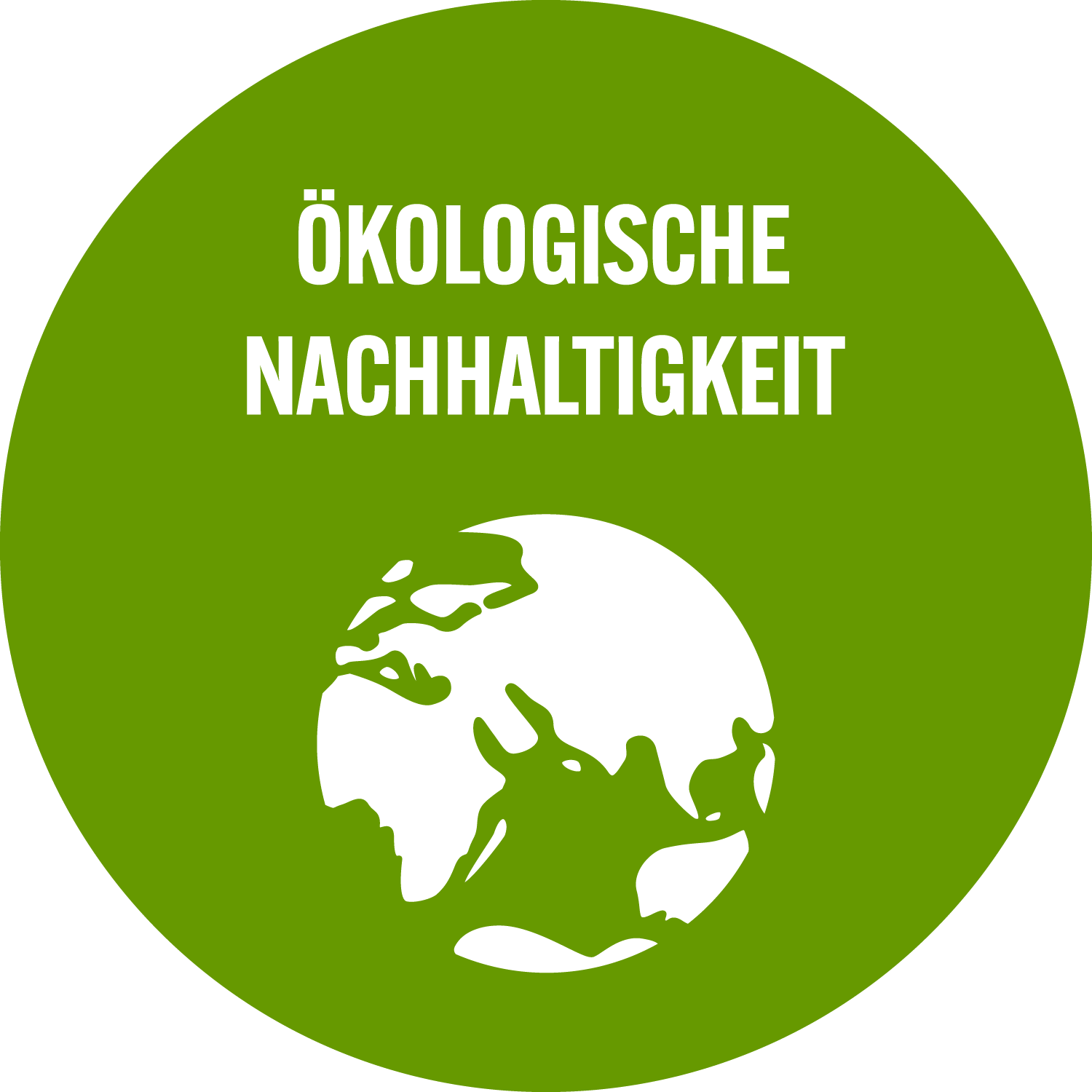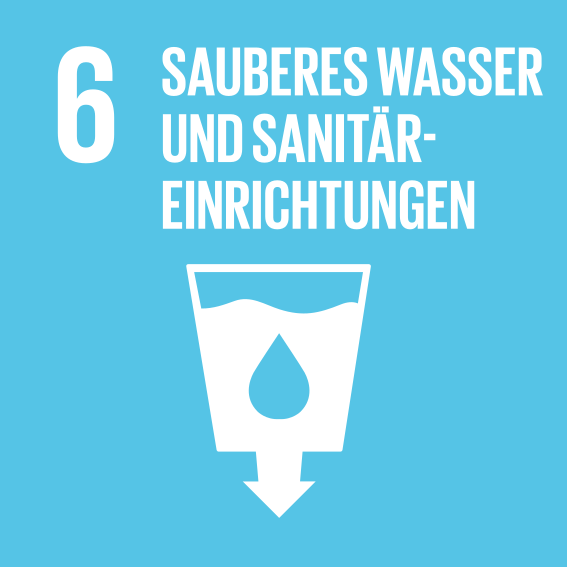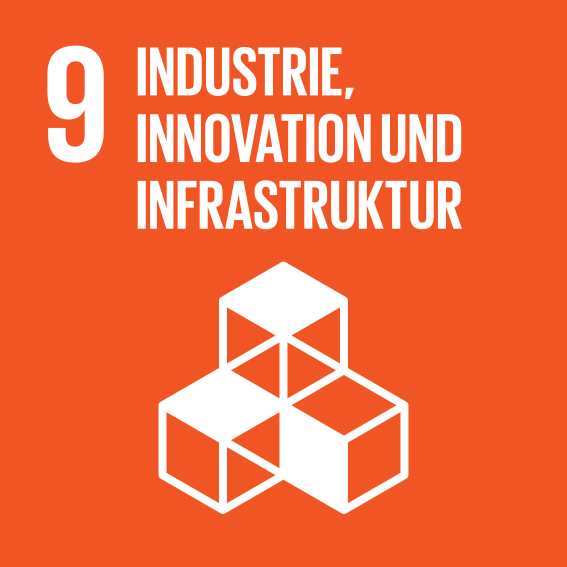|
Enhancing water sustainability in the Gobi Desert: processes based on IWRM principles
Purevjav, Bolormaa
;
Klein, Bern
;
Dierkes, Julian
;
Kunz, Nadja
;
Xavier, André
;
McFaul, Suzette
|
DOI:
|
https://doi.org/10.1007/s43832-025-00204-2
|
|
URL:
|
https://link.springer.com/article/10.1007/s43832-0...
|
|
URN:
|
urn:nbn:de:bsz:180-madoc-693191
|
|
Dokumenttyp:
|
Zeitschriftenartikel
|
|
Erscheinungsjahr:
|
2025
|
|
Titel einer Zeitschrift oder einer Reihe:
|
Discover Water
|
|
Band/Volume:
|
5
|
|
Heft/Issue:
|
Article 17
|
|
Seitenbereich:
|
1-19
|
|
Ort der Veröffentlichung:
|
Cham
|
|
Verlag:
|
Springer Nature Switzerland
|
|
Sprache der Veröffentlichung:
|
Englisch
|
|
Einrichtung:
|
Fakultät für Sozialwissenschaften > Sonstige - Fakultät für Sozialwissenschaften
|
|
Bereits vorhandene Lizenz:
|
 Creative Commons Namensnennung 4.0 International (CC BY 4.0) Creative Commons Namensnennung 4.0 International (CC BY 4.0)
|
|
Fachgebiet:
|
333.7 Natürliche Ressourcen, Energie und Umwelt
|
|
Freie Schlagwörter (Englisch):
|
water management, mining, Mongolia
|
|
Abstract:
|
The mining industry is an important sector that contributes to economic growth and employment creation in Mongolia. Water access, water quality, and community engagement are the major challenges the Mongolian mining industry faces. Integrated Water Resource Management (IWRM) is a holistic water management approach that applies principles of economic efficiency, social equity, and environmental sustainability to ensure water sustainability. A research study was carried out to understand stakeholders’ views and perspectives on IWRM and to identify water use practices, challenges, and barriers in the Gobi Desert mining region. The aim was to identify processes that help to improve access to water in the Gobi Desert region. This research applied a qualitative approach and employed three data collection methods: (1) semi-structured interviews; (2) field observations and (3) documents and academic articles reviews. Research participants were representatives from mining companies, local communities, government, and river basin administrations. In the Gobi Desert region, processes contributing to improving water management are: (1) participatory water monitoring, (2) coal processing plant educational visits, (3) local stakeholders council’s meetings, (4) herder’s well improvement projects, (5) independent water auditing, and (6) water advocacy events. These practices, aligned with the core principles of IWRM provide practical solutions for sustainable water management in mining regions, with the potential for global adaptation.
|
 | Dieser Eintrag ist Teil der Universitätsbibliographie. |
 | Das Dokument wird vom Publikationsserver der Universitätsbibliothek Mannheim bereitgestellt. |
 Suche Autoren in Suche Autoren in
BASE:
Purevjav, Bolormaa
;
Klein, Bern
;
Dierkes, Julian
;
Kunz, Nadja
;
Xavier, André
;
McFaul, Suzette
Google Scholar:
Purevjav, Bolormaa
;
Klein, Bern
;
Dierkes, Julian
;
Kunz, Nadja
;
Xavier, André
;
McFaul, Suzette
ORCID:
Purevjav, Bolormaa ; Klein, Bern ; Dierkes, Julian  ORCID: 0000-0003-4322-4699 ORCID: 0000-0003-4322-4699 ; Kunz, Nadja ; Xavier, André ; McFaul, Suzette
Sie haben einen Fehler gefunden? Teilen Sie uns Ihren Korrekturwunsch bitte hier mit: E-Mail
Actions (login required)
 |
Eintrag anzeigen |
|
 ORCID: 0000-0003-4322-4699 ; Kunz, Nadja ; Xavier, André ; McFaul, Suzette
ORCID: 0000-0003-4322-4699 ; Kunz, Nadja ; Xavier, André ; McFaul, Suzette



 Creative Commons Namensnennung 4.0 International (CC BY 4.0)
Creative Commons Namensnennung 4.0 International (CC BY 4.0)


 Suche Autoren in
Suche Autoren in